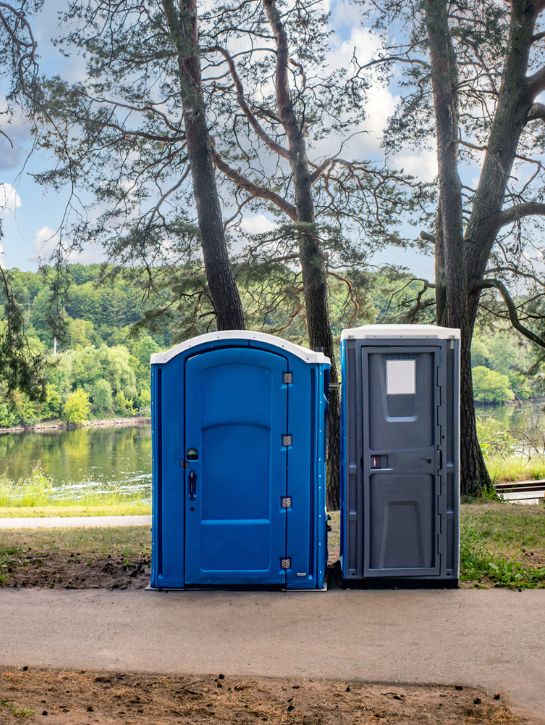
Mar 26, 2024
Protecting the Growing Portable Sanitation MarketWhen you’re on the job, at some point, you’re going to need to head to the restroom. But women in construction, years of failure to oblige their basic needs has cast a dark shadow in terms of equality, even just to use the restroom. Employers are required to provide the same right to access sanitary facilities for all employees and to make sure that these facilities are kept maintained in clean and sanitary conditions.
Sanitary and healthy workplace conditions can promote fairness, a productive work environment, and help to ensure the health of workers. Employers should be adhering to certain standards set by OSHA when considering women in construction, which can also help employers avoid general liability claims and legal issues.
Employers must provide a minimum number of toilets for employees according to the standards that OSHA sets. For job sites where 20 or fewer workers are present, one toilet is needed. For 20 or more workers, one toilet and one urinal are required. For 200 or more workers, the standard is to have one toilet seat and one urinal per 50 workers.
It is important to keep in mind that OSHA requirements are the bare minimum when it comes to safety and sanitation standards and should be met at all costs. Employers should evaluate each job site and its facilities to make sure that all employees are provided with safe and healthy working conditions, including clean and sanitary portable restrooms.
For those sites where not enough clean restrooms are provided, especially for female workers, the potential for legal matters rises. Being sure to have enough restrooms is one way to avoid legal issues, but also operating with a general liability policy can help to keep legal risks and financial risks low.
Employers should operate with considerations around the following issues when outlining the number of toilets and their location. First, toilets should provide privacy, including locks, and should be separated by gender. Next, toilets should be close to a job site, ideally no more than 10 minutes from where workers are assigned to work.
Toilets should also be cleaned on a regular basis in order to maintain sanitary measures. Employers need to evaluate the condition of toilets at their worksites and set a schedule for cleaning and waste removal.
Toilets should also be well lit and kept in safe areas so that workers feel comfortable when they are using them. Finally, all restrooms should come with soap and water, hand towels, feminine hygiene products, and trash cans for disposal, keeping women in construction in mind.
Located across the Golden Gate Bridge, just outside of San Francisco, Tangram Insurance Services is a full-service Managing General Underwriter and Program Manager offering specialty programs including propane retailer insurance. We focus on industry-relevant coverage, competitive pricing, and practical business and risk management solutions for your clients. Since we are not all things to all people, we make sure to create outstanding custom-built solutions that matter to those businesses, and the brokers who serve those industries. Contact us at (888) 744-9810.